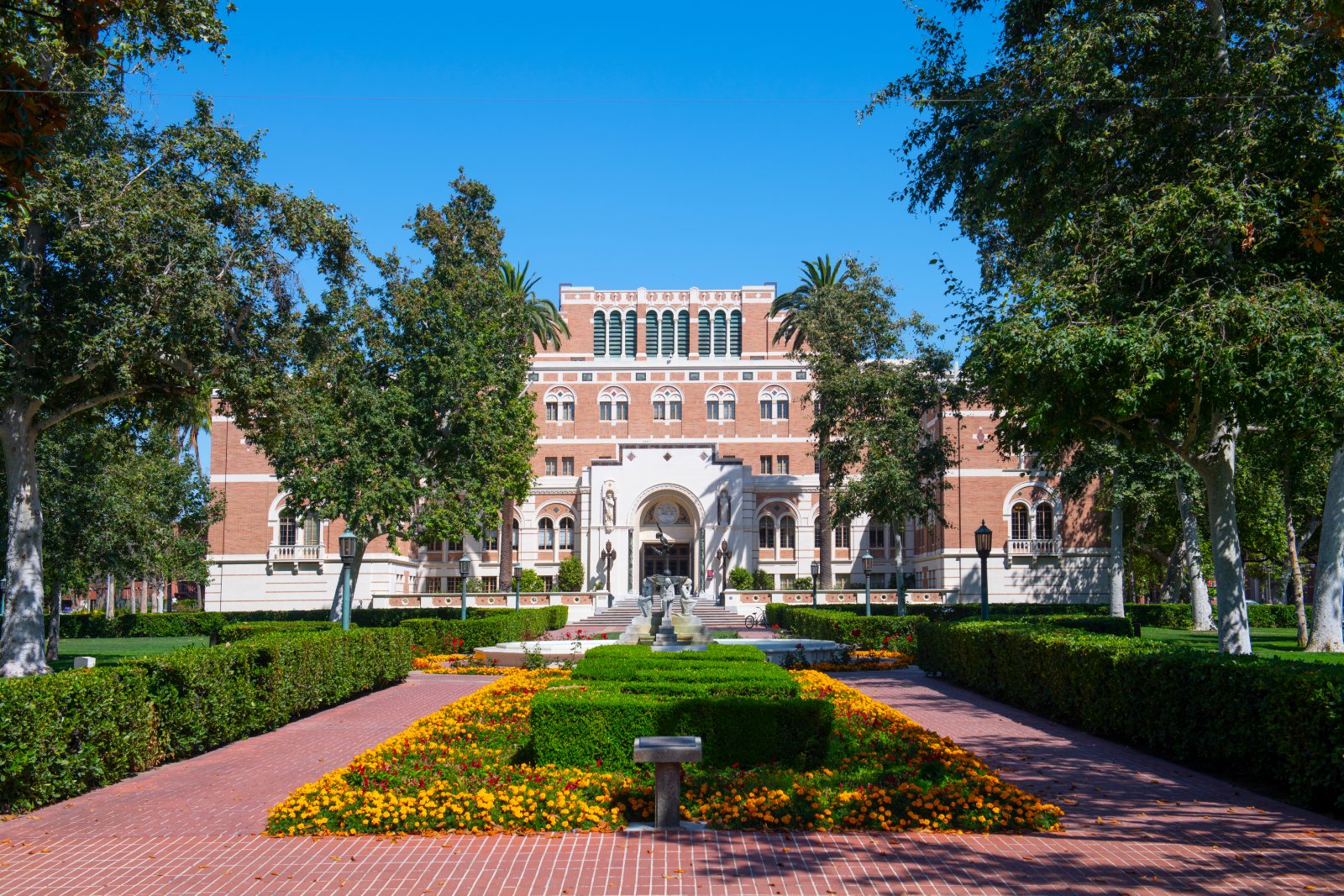Late-retiring middle-class Americans may be in danger of an unstable and unaffordable retirement, according to a recent analysis.
Retirement in Crisis

New research shows that an impending crisis may loom over a specific demographic of U.S. retirees, known as the ‘Forgotten Middle,’ who are likely to face financial struggles in retirement.
The “Forgotten Middle”

According to an analysis from the University of Chicago, the ‘Forgotten Middle’ is a generation of late retirees who leave the workforce at 75 years old or older, don’t qualify for Medicaid, and have savings, income, and assets that equal $26,000 to $103,000.
NORC Analysis

The analysis, which was carried out by the National Opinion Research Center, or NORC, took data from the Health and Retirement Study at the University of Michigan to focus on this middle-income age group.
Challenges Ahead

It found that this group will likely be unprepared for costly retirement expenses, including care and housing, which will challenge their “ability to age with dignity, choice, and independence.”
A Growing Gap

New research from the University of Southern California supports this. Economics Ph.D. candidate Jack Chapel carried out a research project on the Forgotten Middle and the growing gap between middle-income earners and the traditional comfortable retirement.
Poor Outcomes for Many

While his research found that most upper-middle-class Americans can secure comfortable retirements, the same can not be said for lower-middle-class individuals.
This group faces weakened job security, fewer savings, and worsened health and financial outcomes in retirement.
Homeownership in Crisis

Homeownership and savings for middle and lower-middle-income retirees are reaching crisis levels.
Homeownership for this group fell by 31% between 1994 and 2018, with an 18% drop in resources over the same period.
Longer Life, Reduced Health

Chapel’s research also showed an interesting anomaly for this retiree group - middle and lower-middle-income retirees are living longer and living longer under reduced circumstances.
Improved Lifespan

The lifespan of the Forgotten Middle is extending as healthcare and elderly care improve over time, and risk factors drop.
Lifespan Over Health-Span

But this extended lifespan doesn’t account for health span, which Chapel defines as the number of healthy years an individual has over the course of their life.
And lower-middle class men over 60 years old have seen their health span decrease between 1994 and 2018.
What It Means

“What that means for the lower-middle class is that they are living longer lives but a much larger proportion of that life expectancy will be in poor health,” the researcher explained.
Health Insurance and Research Issues

Health insurance has also dropped for middle and lower-middle-income retirees, as well as annual resources, which have dropped by 18% for these income groups.
Concerning Racial Divide

Another concerning aspect of these studies is the racial element - as the Forgotten Middle grows larger over time, Black and Hispanic Americans are likely to be disproportionately affected.
Growing Representation

According to the NORC analysis, this demographic will balloon from a 12% portion to 25% between 2020 and 2035.
Future Projections for Black and Hispanic Retirees

Sarah Rayel, a senior director at NORC, confirmed these results, saying that “many middle-income older adults, particularly Black and Hispanic older adults, are unlikely to afford needed care and housing options in the next decade, potentially challenging their ability to age with dignity, choice, and independence.”
Underrepresented in Homeownership

What’s more, Black retirees specifically will be significantly underrepresented in homeownership rates, and is “anticipated to fall substantially by 2035, driven by the 75-84 age group.
This could limit opportunities for aging in place,” according to Rayel.
An Uncertain Future

All of these factors, unearthed by the two research groups, come together to show a concerning and uncertain future for the majority of US retirees, but in particular, this late-retiring Forgotten Middle.
Troubling Lack of Research

One of the most enlightening parts of Chapel’s research at USC is its attention to a severe lack of research on these issues.
More research could lead to legislation that would improve retirement outcomes for the Forgotten Middle.
New Legislation?

One piece of legislation is already being considered by lawmakers - the Retirement Savings for America Act, which would establish automatic retirement savings for all eligible working Americans.
An Optimistic Start

It’s a promising start, as Chapel expressed that improved legislation to support these middle-income retirees through financial and medical hardship will be vital in securing a better future for the majority of Americans.
The post Middle-Class Retirees: Years of Labor, Yet Facing Economic Uncertainty first appeared on Thrift My Life.
Featured Image Credit: Shutterstock / cheapbooks.
The content of this article is for informational purposes only and does not constitute or replace professional financial advice.
